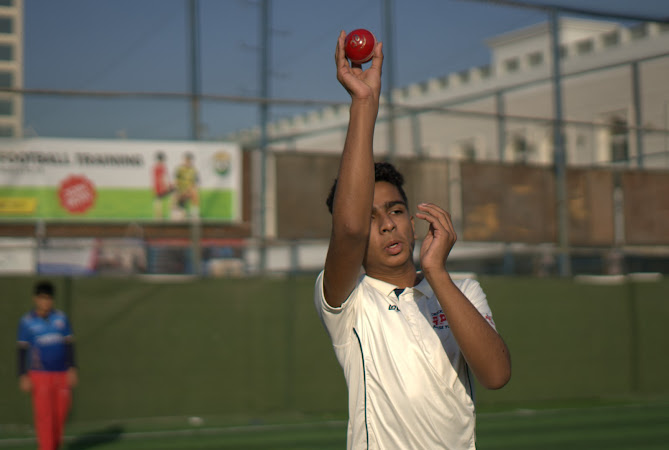Insights from the Cricket Nets
From Nets to Matches: Bridging the Gap for Enhanced Game Performance.
Net practice serves as the foundation for skill development in cricket, providing players with the opportunity to refine their techniques and improve their game. However, it is crucial to bridge the gap between net sessions and actual matches to ensure optimal performance on the field. By implementing specific strategies and focusing on key aspects, players can effectively transfer their skills from the nets to match situations, enhancing their overall game performance.
Learn how to improve your cricket skills with net rentals at a sports academy. One of the key strategies for bridging the gap between nets and matches is to create realistic practice environments. While net sessions are essential for individual skill development, they often lack the dynamic and unpredictable nature of match scenarios. To address this, players can participate in match simulations or practice games that closely mimic the intensity, pressure, and decision-making required during real matches. These practice matches provide valuable opportunities to apply the skills developed in the nets, make tactical decisions, and adapt to varying game situations.
Developing mental resilience is another crucial aspect of bridging the gap between nets and matches. The transition from nets to matches can be mentally challenging, as players face different pressures and expectations. Practicing mindfulness techniques, visualization exercises, and mental preparation strategies can help players stay focused, maintain composure, and perform at their best during matches. Additionally, learning to handle success and failure with a balanced mindset can contribute to consistent performance and long-term growth.
Effective communication and teamwork are essential for successful match performance. During net practice, players often focus on individual skills, but it's important to translate those skills into cohesive team efforts during matches. This can be achieved through regular team training sessions, where players work on synchronized fielding drills, practice running between wickets, and develop a common understanding of field placements and strategies. Creating a strong team dynamic allows players to support each other, make coordinated decisions, and execute plans effectively during matches.
Developing adaptability is crucial in bridging the gap between nets and matches. While nets provide a controlled environment, matches present unpredictable challenges and varying conditions. Players must learn to adjust their game plans, techniques, and decision-making based on factors such as pitch conditions, weather, and opposition strengths. Practicing in different conditions, experimenting with different strategies, and being open to learning from each match experience can enhance a player's ability to adapt effectively and perform consistently.
Match awareness and analysis play a vital role in bridging the gap between nets and matches. Reflecting on individual and team performances after matches, analyzing strengths and weaknesses, and identifying areas for improvement are crucial for growth and development. This can be done through post-match discussions with coaches, watching match footage, and studying the performances of successful players. Regular self-assessment and a commitment to continuous improvement help players refine their game and bridge the gap between practice and performance.
Physical conditioning is another key factor in transferring skills from nets to matches. Matches often require players to perform at their peak physical fitness for extended periods. Implementing a comprehensive fitness regimen that includes cardiovascular exercises, strength training, and agility drills can enhance endurance, power, and overall physical performance. Maintaining a disciplined fitness routine ensures that players have the stamina and energy to execute their skills effectively during matches.
Confidence is a crucial factor in bridging the gap between nets and matches. Building self-belief through consistent practice, positive reinforcement, and successful match experiences can significantly impact a player's performance. Celebrating small victories, setting achievable goals, and focusing on continuous improvement help players develop a strong sense of confidence and self-assurance. The belief in one's abilities is essential in translating the skills honed in the nets into successful match performances.




Comments
Post a Comment